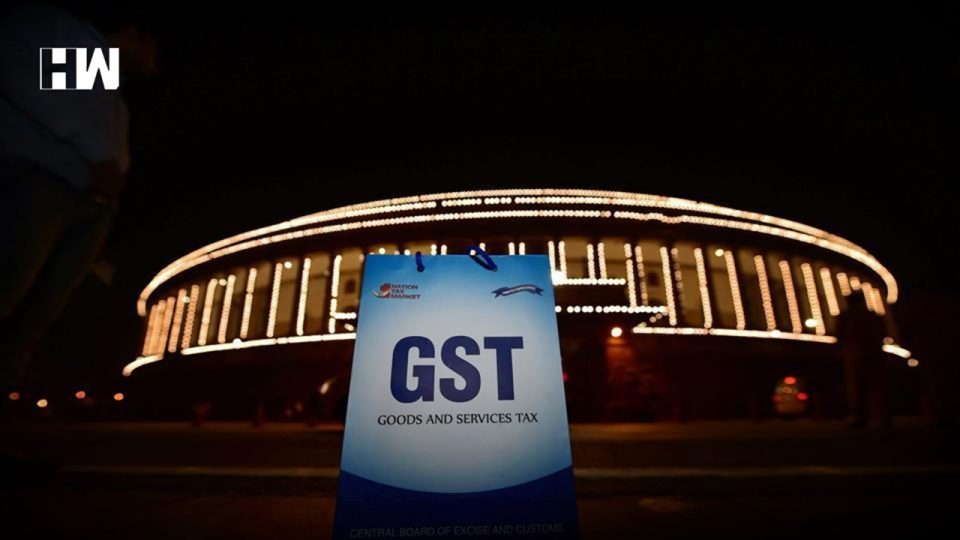So the typical features of laws in India are anti-business and business suspicious in attitude, thus complicated by way of humongous provisions.
With complexity and confusion prevailing and a spectre of large scale non-compliance looming large, the government has again postponed the deadline for completing GST audit reports for FY 2018. The forms are being further simplified. As a new law, GST started on a clean slate. It could have been simple, practical and robust, as baby steps to stabilise it in India and make it part of the business environment and then thereafter it could have been made more complex and sophisticated. But since the time it was introduced, it has been a victim of complications and the misplaced zeal to make it all-controlling byzantine. It has thus discouraged the common entrepreneur from being in the GST fold, because many cannot afford the paraphernalia needed to maintain GST records/documents and be GST compliant, they cannot afford the services of an expensive consultant, many fear the levy of penalty and prosecution for unintentional violations and yet others suspect the government’s motive to insist on multiple returns and forms for the same data and transactions. So the typical features of laws in India are anti-business and business suspicious in attitude, thus complicated by way of humongous provisions which are difficult to interpret, multiple and overlapping forms and returns which serve little purpose but inflict huge harassment on the taxpayer and system-driven heavy penalty and prosecution for the smallest of violations, including delays in filing forms, often due to difficulties in filing, due to government e filing systems not working.
That’s been the case with almost every law in the country, particularly where they are business and corporate laws. Take the case of company law in India. The old one was formulated in 1956 and had become bulky and unwieldy. So a new one was formed in 2013, with simplicity sacrificed and complexity seeded in, driven out of suspicion of the entrepreneur. The entire corporate fraternity is made to suffer heavy and complex laws due to a few truant and criminal entrepreneurs, who constitute a miniscule of corporate India. In its new avatar, the company law is a complex piece of legislation, which has made compliance very expensive and difficult and which is loaded with provisions that treat the most unintentional violations as criminal deeds entailing arrest and jail, such that entrepreneurs now shy away from forming companies in India, which is actually a much better form of a business entity. In the case of the new company law, apart from viewing entrepreneurs of every breed and pedigree with suspicion, the MCA has been introducing one new form after another, with attendant system driven heavy penalties for delayed filing thereof. The reality is that the MCA often behaves like an investigative agency than a regulator and that reflects in the rules and forms that it has been introducing one after another, inflicting huge compliance cost on corporates.
The last nail in the coffin of loading companies law with criminal punishments was the alarming case of non-compliance with CSR expenditure. It raised a huge protest and hue and cry from the business community and was quickly withdrawn. It led to the formation of a government committee to review the law on companies and to recommend further decriminalisation of many provisions and reducing penalties, due to which criminal courts are clogged with frivolous cases filed by the government and there is little ease of doing business for the scared corporates. The committee, in its first report, has suggested that procedural, technical and minor non-compliance, must be tried through civil jurisdiction instead of criminal punishment, which has caused havoc in corporate India. To decriminalise the company law, the committee has suggested that 23 offences be made compoundable, and not punishable with a jail sentence, 11 offences be limited to fines only and not jail, 7 are proposed to be omitted from the Companies Act and the threshold for CSR is proposed to be raised.
While these are mere recommendations of a committee and are yet to be accepted and implemented by the government, in the meanwhile these criminal provisions have caused immense and untold damage to corporates and their promoters. And plus there is no guarantee that the government will accept these recommendations since there is a tendency to form committees and reject simplification, as we recently saw in the case of the government not accepting the new simplified tax code recommended by the Task Force that was set up. In a situation where fraudsters like Nirav Modi blatantly cheat and run away, while innocent promoters suffer, we need to review our laws with a changed perspective.
As an independent media platform, we do not take advertisements from governments and corporate houses. It is you, our readers, who have supported us on our journey to do honest and unbiased journalism. Please contribute, so that we can continue to do the same in future.

